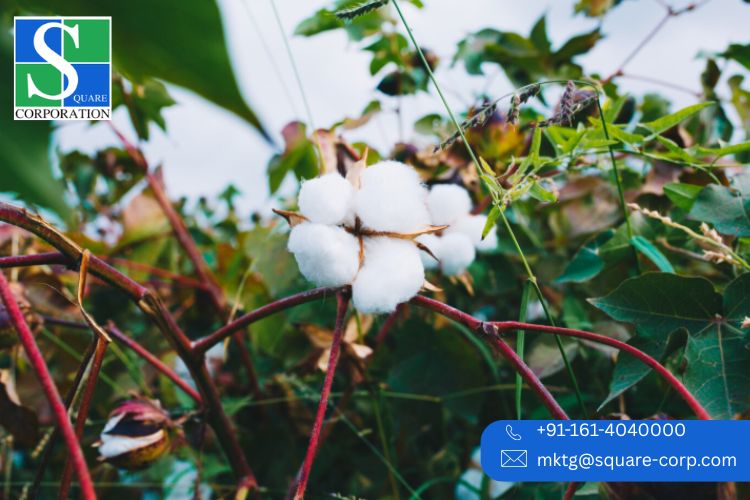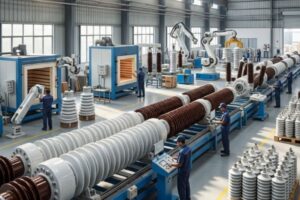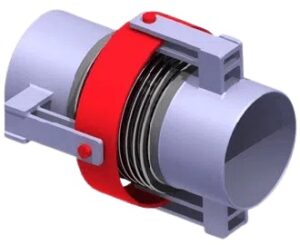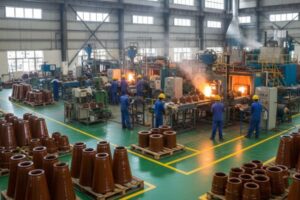India’s textile industry has long been a global powerhouse—but what truly drives its strength is the precision and innovation within its spinning units. These facilities are where craftsmanship meets technology, transforming raw fibers into world-class yarns that fuel the global fashion and fabric ecosystem. And yes, some of the finest linen manufacturers in india also operate top-tier spinning units, producing yarns that rival the best in the world.
The Backbone of India’s Textile Powerhouse
Spinning units are more than production floors; they’re hubs of innovation and consistency. Whether working with cotton, linen, or synthetic blends, these facilities set the foundation for quality fabrics. The Indian spinning industry, currently producing over 5 million metric tons of yarn annually, continues to evolve through automation, sustainability, and precision engineering (Ministry of Textiles, Government of India).
What Defines a Leading Spinning Unit?
When we talk about India’s best spinning units, a few key elements make them stand out:
- Fiber Expertise: From Egyptian cotton to flax-based linen, quality starts with the raw material.
- State-of-the-Art Machinery: Modern setups featuring Rieter, Trützschler, and Lakshmi Machine Works ensure consistency and minimal waste.
- Sustainability Initiatives: Eco-friendly dyeing, solar-powered operations, and waste recycling are becoming the new standard.
- Workforce Skill: Behind every perfect thread lies a team of skilled operators and textile engineers.
India’s Leading Spinning Units for Premium Yarn
Let’s take a closer look at a few renowned names that have redefined yarn production quality:
- Vardhman Textiles Ltd. (Punjab): Known for its diversified yarn portfolio, Vardhman’s focus on R&D ensures precision and global-grade standards.
- Arvind Limited (Gujarat): A pioneer in sustainable yarns, Arvind’s spinning divisions excel in organic cotton and technical fibers.
- Trident Group (Punjab): One of the largest integrated yarn manufacturers, Trident emphasizes eco-friendly spinning using renewable energy.
- KPR Mill Limited (Tamil Nadu): Blending automation with human expertise, KPR produces over 100,000 MT of cotton and blended yarn annually.
- Square Corporation (India): Recognized as a premium linen yarn manufacturer, the company stands out for its precision spinning and sustainable sourcing practices.
Technology: The Silent Hero of Yarn Perfection
Advanced spinning machinery has reshaped how Indian mills operate. Automation ensures consistency, while digital monitoring tracks even minor quality deviations in real-time. Leading units have integrated AI-based quality checks and IoT-enabled maintenance systems to ensure every spool meets international benchmarks.
Sustainability: The Heart of Modern Spinning
India’s leading spinning units are increasingly aligning with green manufacturing. From using recycled fibers to adopting closed-loop water systems, the focus is on reducing environmental impact without compromising quality. The rise of organic cotton manufacturers in india further underlines this shift, blending traditional agriculture with modern textile processes.
Why B2B Buyers Prefer Indian Yarn Producers
- Competitive Pricing: Economies of scale and local resource availability make Indian yarns cost-effective without quality trade-offs.
- Global Standards: Mills adhere to OEKO-TEX®, GOTS, and ISO certifications, assuring product credibility.
- Diverse Offerings: From fine count cotton to high-twist linen, the range caters to global demands.
- Reliable Exports: With robust logistics, Indian spinning units supply to over 80 countries worldwide.
Many of these producers also collaborate with wholesale fabric suppliers in india, ensuring a seamless journey from yarn to finished fabric. This integrated approach benefits B2B buyers seeking reliability and long-term value.
Looking Ahead: The Future of Indian Spinning
As the textile world pivots toward sustainability and precision manufacturing, India’s spinning sector stands at a strategic advantage. The integration of smart systems, sustainable fibers, and collaborative business models will only strengthen its global footprint. For B2B buyers, investing in partnerships with such forward-thinking spinning units is not just wise—it’s essential for the next era of textile excellence.
Frequently Asked Questions (FAQs)
1. What makes Indian spinning units globally competitive?
They combine advanced technology, skilled labor, and cost efficiency to deliver high-quality yarn at global standards.
2. Are Indian spinning units environmentally sustainable?
Yes, most leading units are adopting renewable energy, organic fibers, and zero-waste production techniques to promote eco-friendly operations.
3. Which yarn types are most in demand globally?
Cotton, linen, blended, and recycled yarns are among the most sought-after categories worldwide, especially from Indian producers.
4. How do spinning mills ensure yarn quality consistency?
Through automated systems, digital quality monitoring, and regular certification audits to maintain international compliance.
Also Read: How Solar Energy is Powering Textile Mills
Final Thoughts
India’s spinning sector is not merely about production—it’s about passion, precision, and progress. The combination of world-class infrastructure, sustainable practices, and global outreach ensures that the future of Indian yarn production remains bright and dependable.
Blog development Credits:
This blog was curated by Soma Maiti, developed with insights from AI tools like ChatGPT, Google Gemini, and Copilot, and refined for SEO by Digital Piloto Private Limited.





